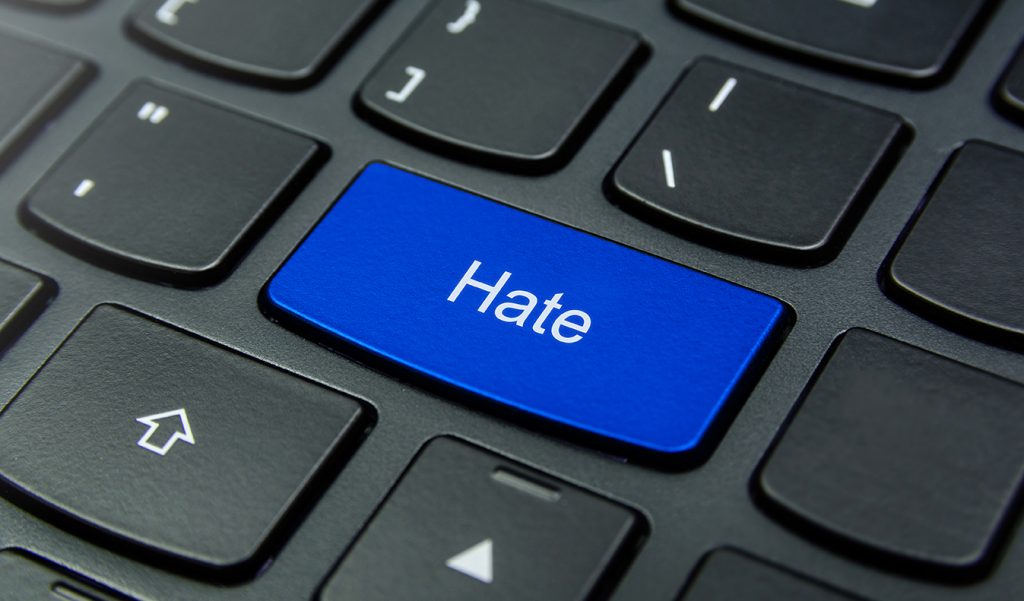How to deal with hate crime within the workplace

It’s the last thing any business owner, manager or HR professional will want to deal with, but if you suspect hate crime is taking place within your business, we’ve got four tips you can lean on to tackle the issue:
1. Take action as soon as possible
Ignoring hostile behaviour of this kind may be seen as a way of accepting or condoning it, therefore, as soon as a threat or act of racism or violence has been identified, make sure you investigate it immediately and take any action necessary.
Equally, while it’s ultimately up to the recipient to decide whether or not they feel threatened, if you or someone else feels threatened by any behaviour deemed to be racially-focused, it still needs to be investigated thoroughly.
2. Ensure you have up-to-date policies
Your employees have their own obligation to report instances of hate crime, but in order to do so, it’s important they’re aware of the business’s policy on the matter.
Out-of-date policies may not reference hate crime specifically, and while such incidents are typically easy to spot, you’ll need to ensure acts of racism, bullying and harassment are detailed in disciplinary procedures.
We’d advise getting professional HR advice on this matter, but to see an example of a hate crime and incident policy in action, take a look at Northampton Borough Council’s very own.
3. What to do if it takes place on social media
Social media has unfortunately become the perfect breeding ground for instances of hate crime.
Thankfully, the positive side of social media often comes to the rescue, with plenty of people now using the hashtag ‘#PostRefRacism’ to post evidence of hatred or racism.
If you spot this hashtag being used in reference to an employee, or become aware of any racist remarks on a social media platform, refer to tip 1 and investigate immediately.
4. What to do if it’s a third party
Hate crime could be committed within your workplace by someone who isn’t an employee. Unfortunately, the wrong type of supplier, customer or other third party is just as capable of being hostile in this manner.
If you have proof or an allegation of racism, as the employer, you’re obliged to take the necessary action to ensure the risk is mitigated. Depending on the incident and people involved, this might require the barring of service, a penalty notice or reporting the incident to police.
If your business regularly comes into contact with third parties (as most do), it’s also worth considering investing in training that will help employees deal with similar incidents, should they re-occur.
Talk to Voice
Hate crime is challenging to deal with, and the repercussions can spread far and wide within any businesses. Voice is here to help.
If you’ve experienced hate crime in your workplace, or have been the victim and would like to talk to someone, the team at Voice are here for you. Contact us whenever you feel ready.
